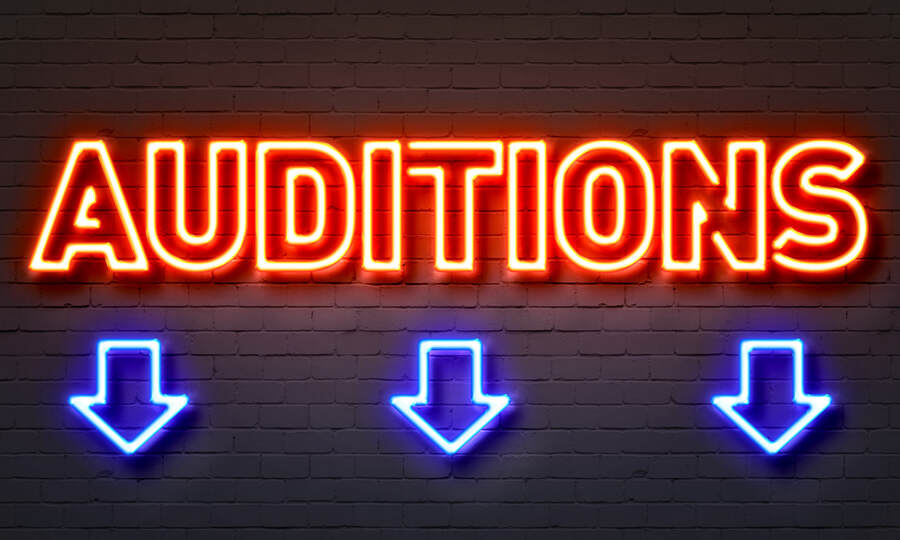|
Did you know you can VASTLY increase your chances of getting auditions (or even signing with an agent/manager) by what you include in your cover letter?
In this article, we'll discuss how to write an effective acting cover letter that gets a casting director or agent to say, "Interesting! This actor might be a great candidate – I'm going to consider them closely." Here's what's covered:
Related: Contact info of over 140 legit agencies across the world. Related: Create Your Actor Resume (with free Google Docs templates) Acting Cover Letter: The Ultimate Guide
|
|
|
Martin Bentsen (author of this guide) is an actor marketing coach who uses strategic thinking to help actors book more work. He’s helped over 14,000 actors with their careers and actor headshots since 2009 and his photography studio City Headshots is ranked #1 on Yelp. He’s spoken at NYU, The New England Theater Conference, The Actor’s Green Room, and other venues. Want to book more acting work by thinking strategically? Start with his free Actor’s Toolkit to create new opportunities right away, or visit his website at www.martinbentsen.com. |
Some Additional Q&A
What is an Actor Cover Letter?
Well, to put it as simply as possible, an acting cover letter is a simple, short introductory statement that tells a casting director or agent who you are and why you should be considered.
Think of a cover letter as a few sentences designed to get someone interested in watching your reel and taking a look at your resume in more depth.
Think of a cover letter as a few sentences designed to get someone interested in watching your reel and taking a look at your resume in more depth.
Why Do You Need a Cover Letter?
Almost every actor will have their headshot reviewed, but when it comes to looking through their resume and reel, unless you look EXACTLY like the character they're trying to find, you'll need a good cover letter to get them interested in spending any more time on you.
Why? Because casting directors, agents, and managers are extremely busy. They look through hundreds (and sometimes thousands) of submissions from actors each day and most of those submissions are almost exactly the same.
A great cover letter wakes them up from the monotony by creating an emotional reaction in them. If you can get them to laugh, feel excited, or simply think, "Huh! That's interesting," you'll have a better shot at being considered.
Why? Because casting directors, agents, and managers are extremely busy. They look through hundreds (and sometimes thousands) of submissions from actors each day and most of those submissions are almost exactly the same.
A great cover letter wakes them up from the monotony by creating an emotional reaction in them. If you can get them to laugh, feel excited, or simply think, "Huh! That's interesting," you'll have a better shot at being considered.
Further Reading
If you enjoyed this article, I have no doubt you'll enjoy some of these:
Comments are closed.






